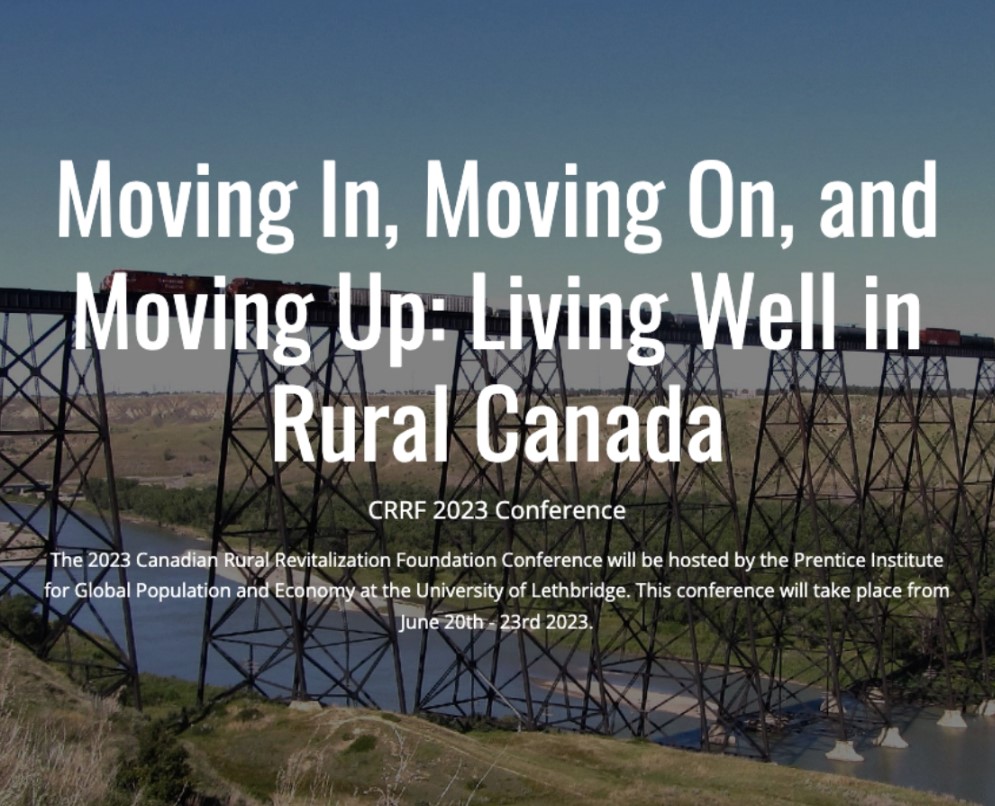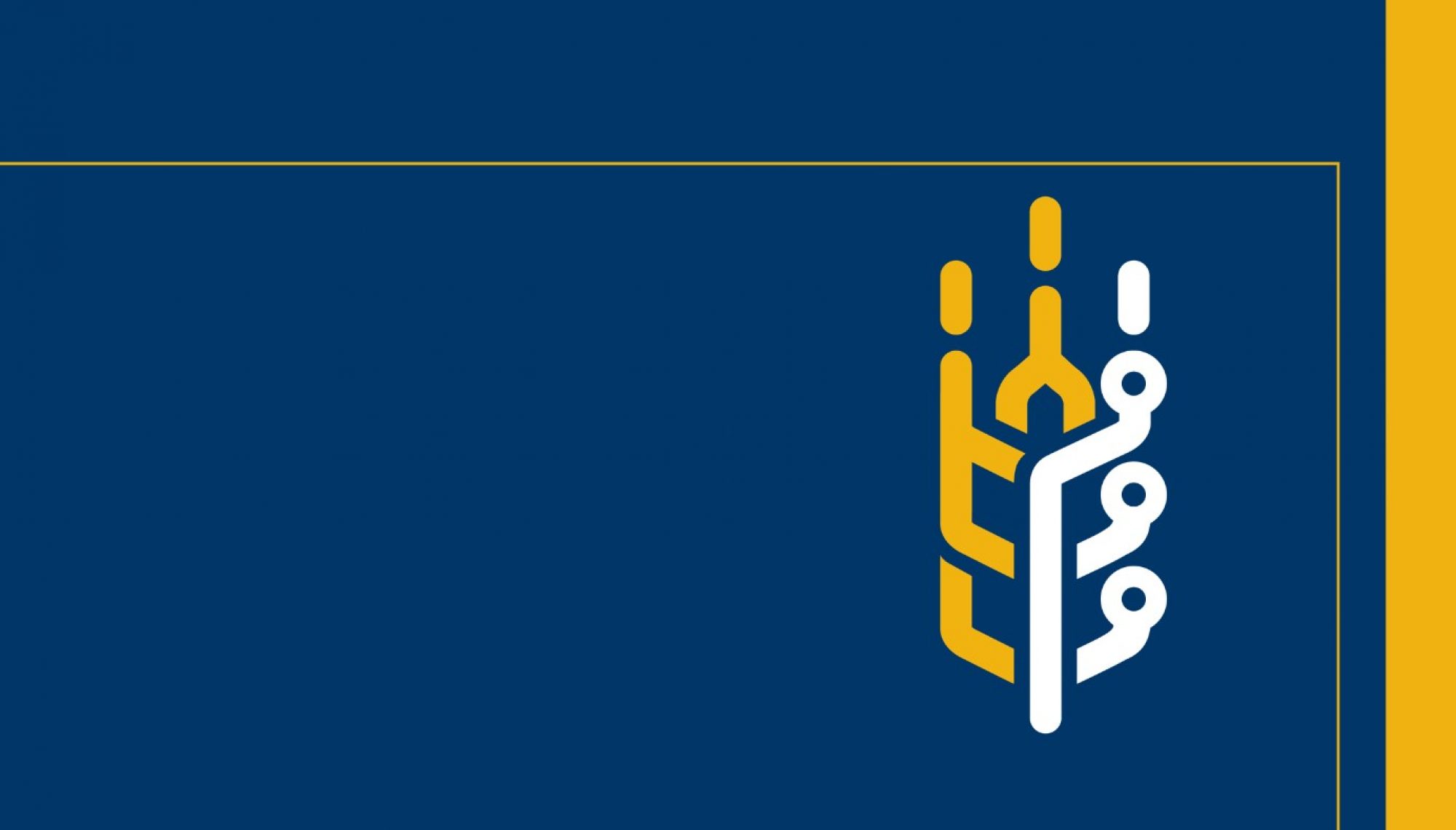By: Dr. Wayne Kelly, Dr. Gary McNeely, Iain Cowie
July 10, 2023

The CRRF 2023 conference took place in Lethbridge, Alberta from June 21st to 23rd, marking RDI’s first in-person CRRF conference since 2019. The event was a fantastic opportunity to reconnect with friends and colleagues, meet new people, and immerse ourselves in the rural research community.
CRRF serves as a crucial network for Canadian rural researchers, practitioners, and policy-makers. It provides a unique space where academics, community members, and government employees from all levels can come together to exchange research, experiences, and ideas. The conference in Lethbridge proved to be an incredibly generative experience, leaving the RDI team feeling inspired and invigorated, armed with fresh ideas and new connections.
During the conference, RDI team members and faculty and students from Brandon University presented the SSHRC Rural Policy Learning Commons project. The focus was on exploring capacity building within a digital badge and recognition framework. Additionally, RDI researchers and BU Masters Students presented their work on various topics. This included a shared presentation with Endow Manitoba on a past research project led by RDI. This presentation focused on how community foundations in Manitoba can effectively foster well-being in rural communities. CRRF also gave a BU student the opportunity to present some of his Masters Thesis research on outdoor recreation and well-being during Covid-19 at the poster presentation session.
As a longstanding partner and participant in CRRF events, RDI was thrilled to be involved once again in Lethbridge. The conference had a strong emphasis on rural well-being, a subject that aligns with RDI’s exploration and support of well-being in rural Manitoba.
The session on Measuring Well-being in Rural Places featured four presentations. The first presentation from the Rural Ontario Institute focused on their work in developing a standardized approach to measuring well-being. This includes the development of an interactive dashboard based on publicly available data relating to well-being that communities can use to establish baselines, measure progress, and compare themselves with similar communities. Another interesting presentation from this session was from Selkirk Innovates on the excellent work that they’ve done with their State of the Basin project. Using a wide variety of sources and relevant indicators, this project aims to provide access to data that helps to support evidence-based decision-making through core research products such as community profiles, snapshot reports, trend analysis and more.
It was fascinating to witness the diverse approaches to measuring well-being and its application across the country. Another recurring theme at the event was data collection and access in rural areas, an issue that RDI is actively addressing.
The session on Refugees and Newcomers in Rural Spaces included three presentations. Glenda Bonifacio reported on how Filipinos who settled in rural Alberta experienced wellness from a holistic view of health, including physical, emotional, social, spiritual, and environmental dimensions. Rachel McNally and Stacey Haugen acknowledged the success of Syrian refugees in rural communities from 2016 yet advocated for a more holistic approach to refugee settlement services. Norine Verberg addressed refugee settlement in rural Nova Scotia noting that refugees remained in place due to the relationship formed in social networks and co-ethnic community groups.
In the session on Cultivating Community and Belong, four speakers shared their perspectives on the importance of Family and Community Support Services in rural Alberta. Given the unique challenges faced by many whether they be youth, retirees, or families, specific services and programs can help sustain and strengthen their respective ties to local communities and the land.
In the panel discussion on Niitsitapiiysinni and Rural Wellness, four Blackfoot scholars explored how well-being is inherently cultural and holistic that draws on the deep relationship between the land and peoples. They highlighted how Niitsitapi values as Blackfoot centre their academic pursuits and serves as a voice against the colonialist attitudes that remain in their professions.
The RDI team looks forward to following up with the connections made at the conference, particularly regarding digital badges and capacity building, well-being research, and Indigenous PLAR. Moreover, we are excited to continue our participation and support for the next CRRF conference in 2024, anticipating both sharing our knowledge and learning from others in the upcoming event.
